
If your joints tend to start aching in the wintertime, you're not alone. Cold-weather joint pain is definitely a thing, and it's not all in your head!
There's little research on why, exactly, cold weather causes an increase in joint pain for some people. But there's no question that it does. Generalized joint pain is a "common complaint" during winter and fall, physical therapist Lauren Farrell told Self.
Cold-weather joint pain is most common in the knees, hips, and ankles. It can get especially bad for runners, who tend to exercise in the cold during these seasons. This is the time of year when stretching and warming up before a workout is especially important, but for some unlucky folks, the joint pain is still inevitable.
The idea of the weather affecting your joints might seem a little far-fetched. But despite the lack of studies, health professionals have a few theories on why this happens.
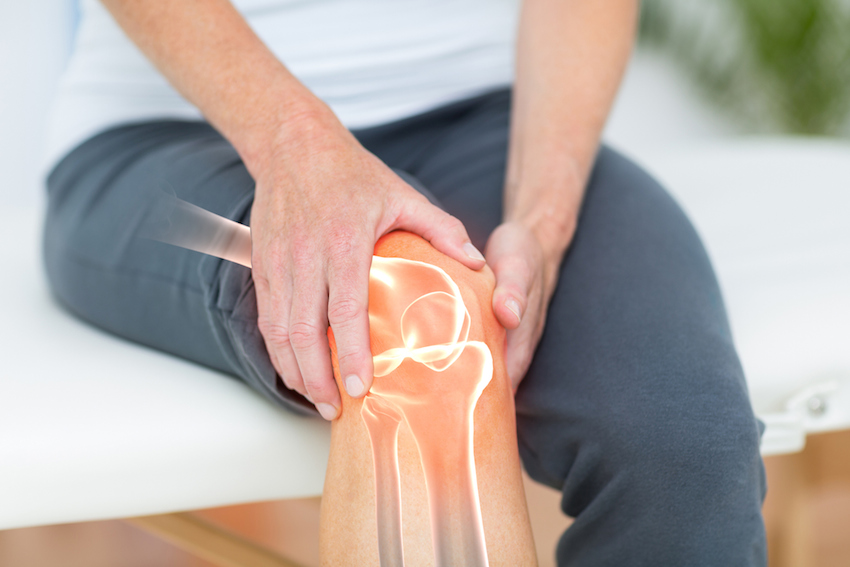
We're knee-deep in winter now, which means that many people are experiencing a significant increase in joint pain.

The cold-weather joint pain struggle is real.
"Generalized joint pain, more specifically in the knees, is a common complaint that we hear during fall and winter seasons," Lauren Farrell, MSPT, told Self.

In addition to the knees, it's also common to experience cold-weather joint pain in other weight-bearing joints, like the hips or ankles.
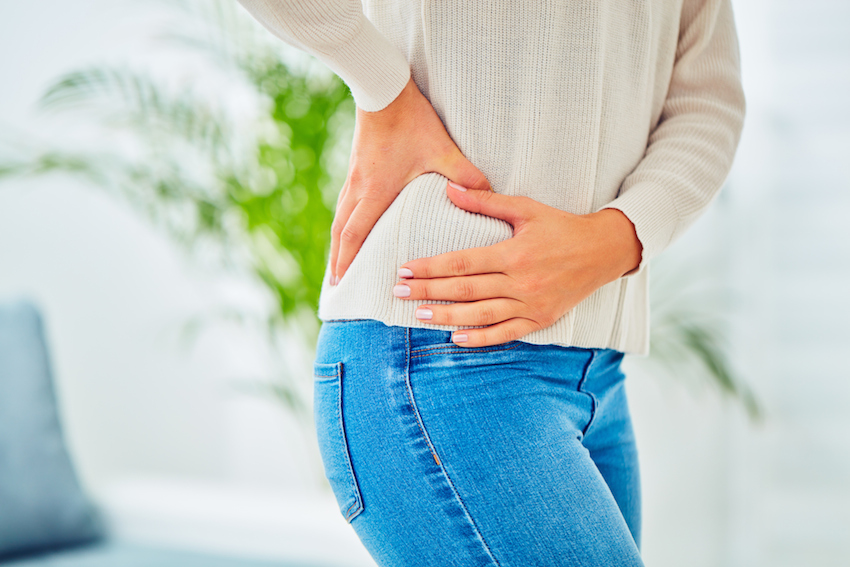
With so many patients experiencing the same phenomenon, health professionals are well aware that cold-weather joint pain is a real thing — despite how implausible it may seem for the weather to affect your joints.
What they don't know for sure is why it happens. But they have a few solid theories, according to Lauren.
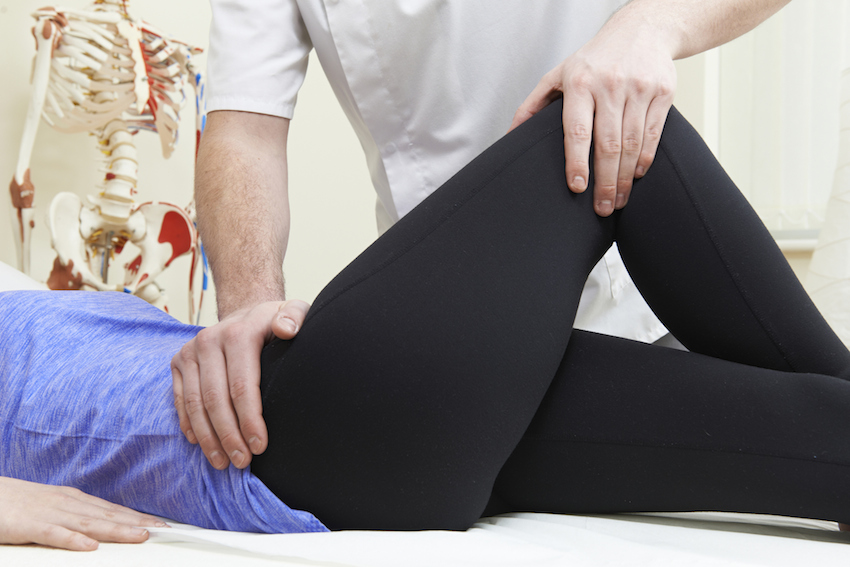
One theory pinpoints a lack of blood flow as the cause.
"The research suggests that in colder weather, the body will conserve heat, and it will send more of the blood to the organs in the center of the body, like the heart or the lungs," orthopedic surgeon Armin Tehrany, MD, explained.
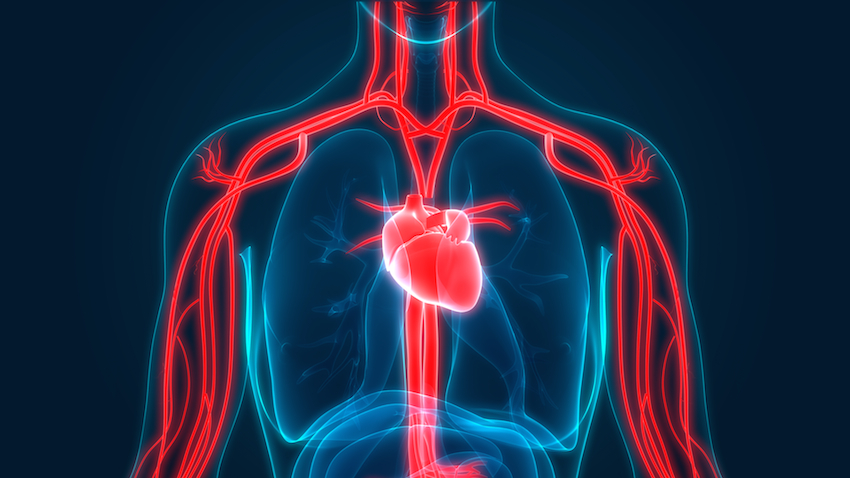
"So when that happens, the arms, legs, shoulders, knee joints, those blood vessels will constrict," he continued.
The decrease in blood flow then causes those areas of the body to become stiffer, and that stiffness leads to pain.
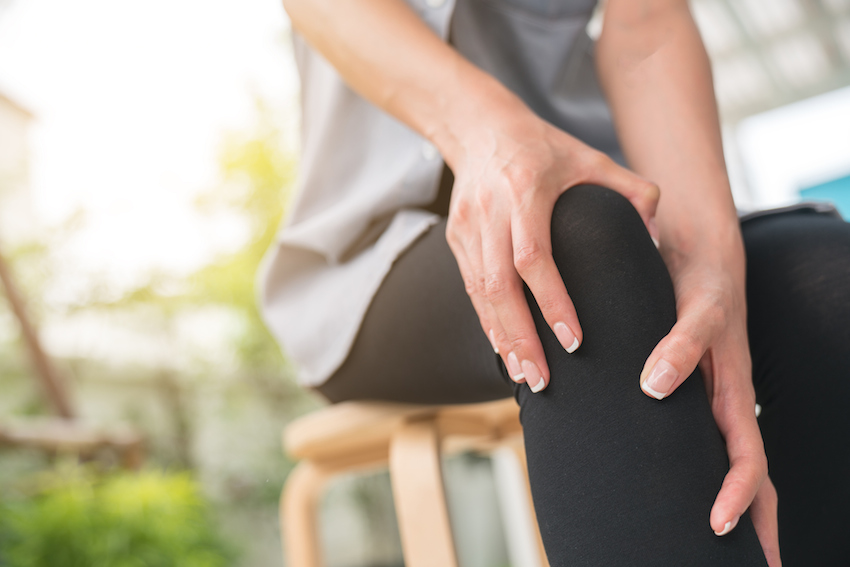
There's a second common theory that "when it is cold and/or damp out, changes in barometric pressure can cause an inflammatory response in the joints,” Lauren said. “This response could lead to increased joint pain, due to changes in circulation and possible nerve fiber sensitivity.”
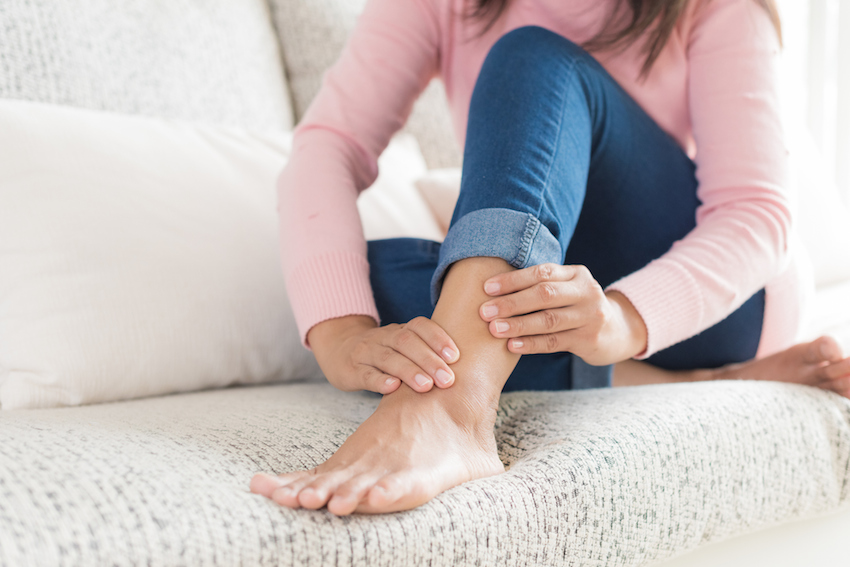
Unfortunately, there's little research on the subject, so there's no evidence to confirm these theories.
But even if you don't know the exact source of your joint pain, you can take steps to soothe your joints and prevent the pain in the first place.

Lauren explained that the running population is particularly vulnerable to joint pain in the winter, because they spend more time exercising in the cold air.
The key to avoiding pain? Warmth.
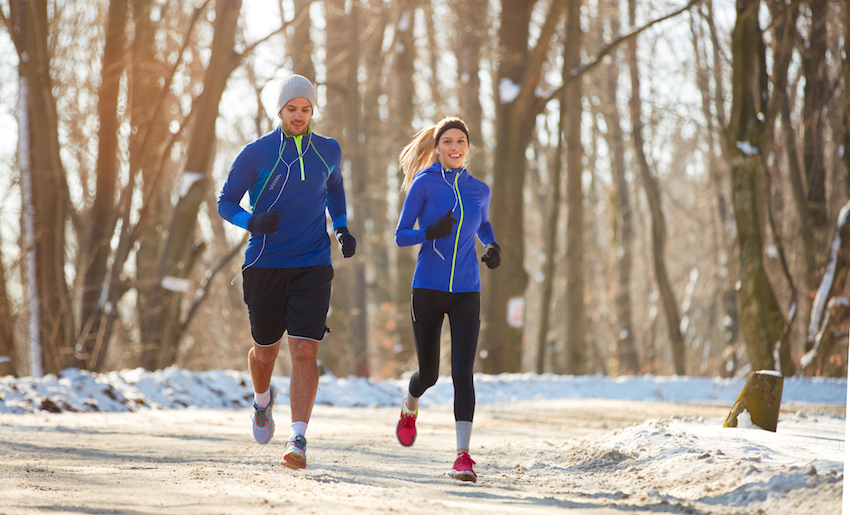
Those who exercise in the cold should take precautions to keep their bodies and joints as warm as possible. You should warm up before every workout, dress warmly, and keep moving as much as possible (even during breaks).

It's also important to stretch and cool down properly. Cooldowns help "decrease tightness in the muscles after exercising," Lauren said.
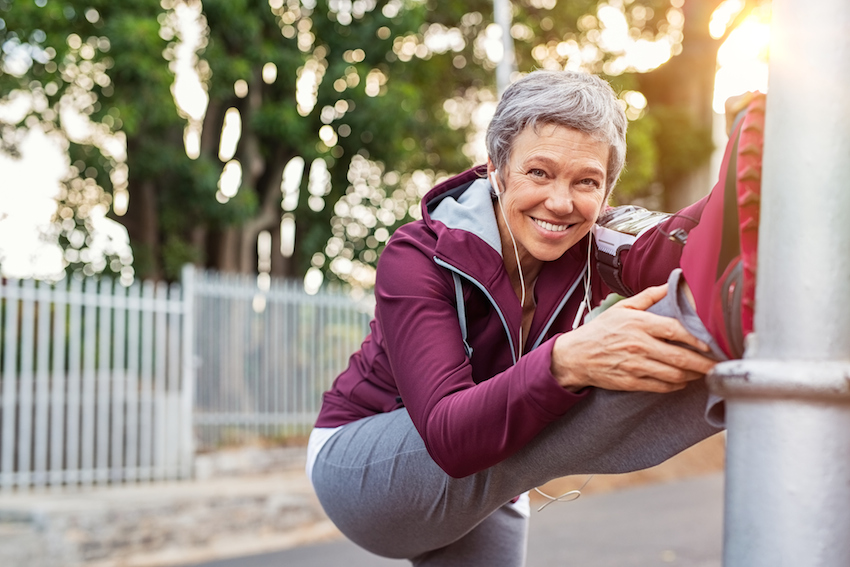
And in general, stretches, warm-ups, and cooldowns will help prevent your joint pain from turning into something worse.
"Joint pain alone doesn’t necessarily lead to injuries, but if the pain is caused by stiffness and you don’t address it and it gets worse, that can cause injury," said Dr. Tehrany.
Even on days when you don't plan to exercise, you should dress warmly and stretch daily to prevent any stiffness.
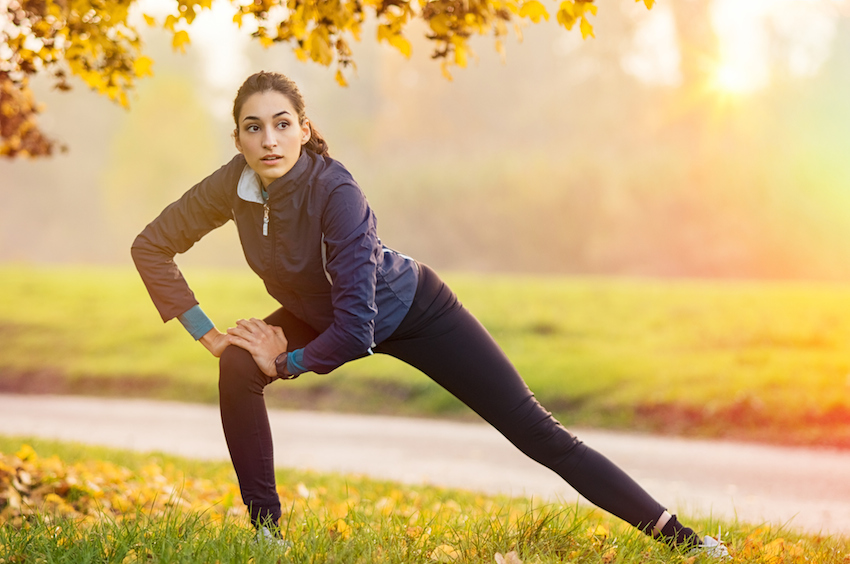
It's definitely not wise to continue exercising through the pain, though. If you need to, you can always take your exercise indoors.

And if you continue to experience pain despite taking the proper precautions — or if your joints hurt all year round, no matter the weather — you should see an orthopedist or physical therapist, stat.
"It is important to remember that pain is your body’s warning system, and you need to listen to it," Lauren said.




